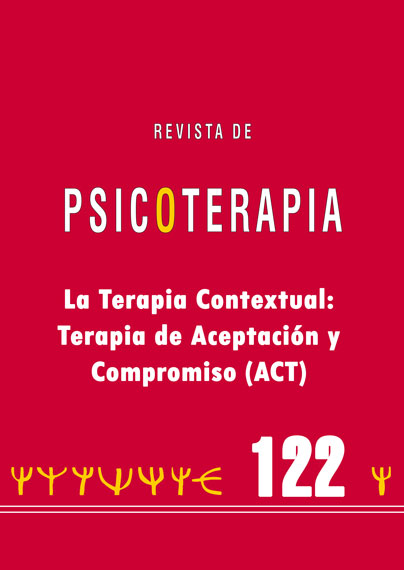Importance of Farewell in the Grieving Process
Grief and farewell
DOI:
https://doi.org/10.33898/rdp.v33i122.1102Keywords:
mourning, farewell, grief, grieving processAbstract
Objective: to analyze the importance of the perception of farewell and / or the real farewell in a sample of mourners, for the realization of a healthy mourning
Method: 183 attendees that participated in a Grief Workshops at a socio-sanitary center of the Community of Madrid, all with experience of mourning, average of 50 years (SD = 16), 81% (149) women. A questionnaire was given including sociodemographic variables, around the mourning, circumstances of death, perception of farewell and form / s and development of the farewell. A multiple linear regression was performed by backward steps with the effect of farewell as a dependent variable.
Results: the adjusted model allowed a correct estimation of the effect of the farewell of 55% of the cases (corrected R2 =0.548), being the variable with more weight in the prognosis the perception of farewell (Beta=-0.403), followed by the perception of elaboration of the mourning (Beta=0.327), the fact that there has been an explicit farewell and the level of consciousness of death on the part of the deceased (Beta=0.175).
Conclusions: the perception of the realization of a farewell in any of its formats is a variable of great weight for the adequate realization of the grieving process. Although the effect is more positive in explicit, verbalized, pre-death farewells and at the initiative of the mourner, also implicit, non-verbalized farewells, at the initiative of the deceased and / or posthumously have an effect on the evolution of the grieving process.
Downloads
Downloads
Published
How to Cite
Issue
Section
License
Copyright (c) 2022 Revista de Psicoterapia

This work is licensed under a Creative Commons Attribution-NonCommercial 4.0 International License.
Authors who publish in this journal accept the following conditions:
-
Authors retain copyright and grant the journal the right of first publication, with the work registered under the Creative Commons CC-BY-NC 4.0 International license. This license allows third parties to cite the text and use it without alteration and for non-commercial purposes, provided they credit the authorship of the work and its first publication in this journal.
-
Authors may enter into other independent and additional contractual agreements for the non-exclusive distribution of the version of the article published in this journal (e.g., including it in an institutional repository or publishing it in a book), provided they clearly indicate that the work was first published in this journal.
-
The views expressed in the articles are solely the responsibility of the authors and in no case do they reflect the opinions or scientific policies of the journal.









